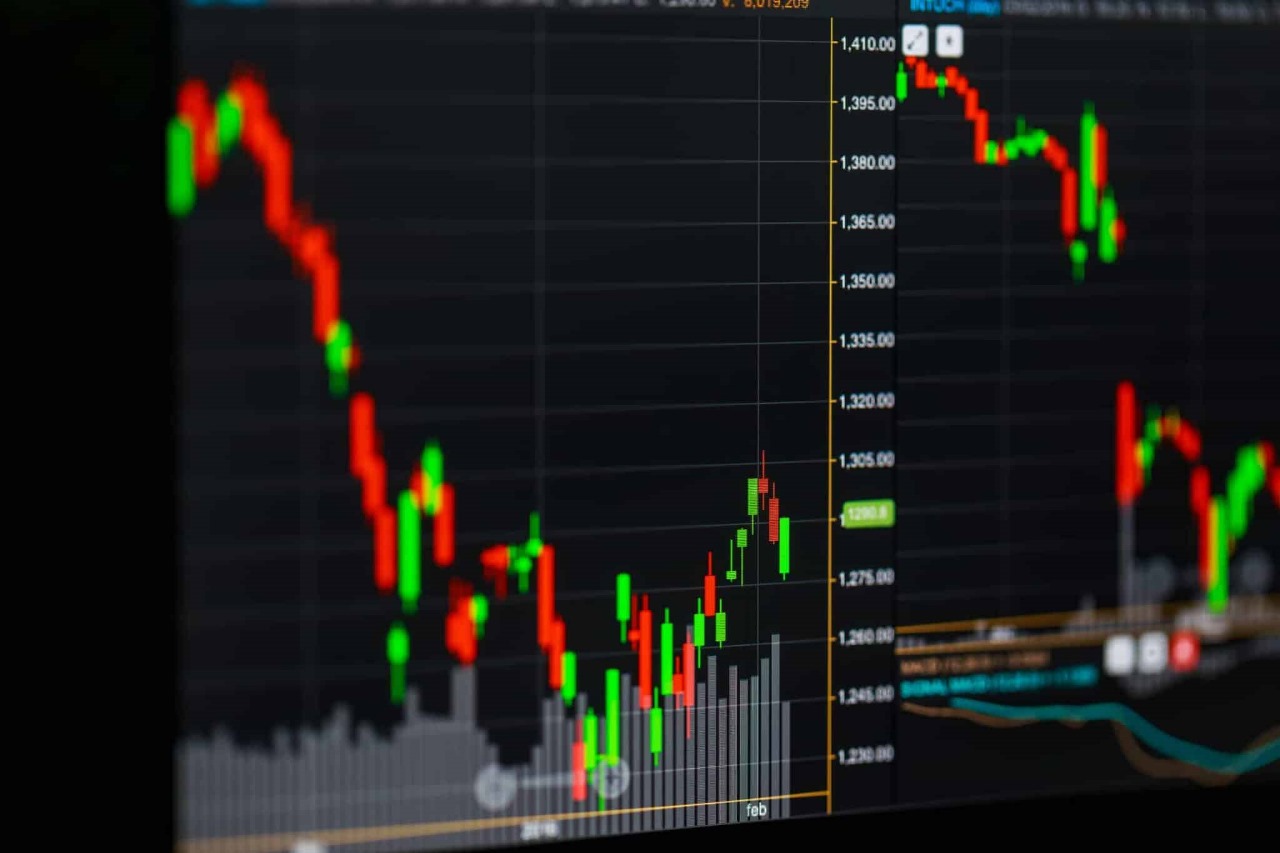In the world of decentralized finance (DeFi), two platforms stand out for token swaps and liquidity: kyber swap and Uniswap. Both are trusted by millions of traders, but they serve slightly different purposes. While Uniswap is one of the most popular decentralized exchanges (DEXs), Kyber Swap is a DEX aggregator that sources the best rates from multiple liquidity pools. If you’re trying to decide which one suits your trading needs, this detailed comparison will help.
What is Kyber Swap?
Kyber Swap is a decentralized exchange aggregator that pulls liquidity from multiple sources across different blockchains. Instead of being limited to one pool, it uses smart routing to ensure users get the best possible prices. Its main advantages are liquidity aggregation, cross-chain functionality, and non-custodial security.
What is Uniswap?
Uniswap is one of the largest DEXs, running on the Ethereum network and several Layer-2 solutions like Arbitrum and Optimism. It pioneered the automated market maker (AMM) model, where liquidity providers (LPs) deposit tokens into pools that traders can swap against. Unlike Kyber Swap, Uniswap doesn’t aggregate liquidity from other DEXs—it only uses its own pools.
Kyber Swap vs Uniswap: Key Differences
| Feature | Kyber Swap | Uniswap |
|---|---|---|
| Type | DEX Aggregator | Decentralized Exchange |
| Liquidity Source | Aggregates liquidity from multiple DEXs | Liquidity comes only from Uniswap’s pools |
| Cross-Chain Support | Multi-chain (Ethereum, Polygon, BNB Chain, Avalanche, Arbitrum, Optimism, etc.) | Limited (Ethereum + selected L2s) |
| Best Rates | Finds most competitive prices via aggregation | Rates depend on Uniswap’s liquidity pools |
| Trading Features | Limit orders, cross-chain swaps, analytics | Basic token swaps, liquidity provision |
| Security | Non-custodial, trades executed on-chain | Non-custodial, trades executed on-chain |
| User Base | Growing, especially among traders seeking optimal pricing | Largest and most established DEX community |
Why Choose Kyber Swap?
Best Rates Through Aggregation
Kyber Swap scans multiple DEXs in real time to find the lowest price and best execution route for your swap.
Cross-Chain Flexibility
Unlike Uniswap, which is limited to Ethereum and some L2s, Kyber Swap lets you swap tokens across multiple blockchains.
Advanced Features
Features like limit orders and detailed analytics make Kyber Swap attractive for traders who want more control over their strategies.
Why Choose Uniswap?
Massive Liquidity
Uniswap has some of the largest liquidity pools in DeFi, making it ideal for trading popular tokens like ETH, USDC, or DAI.
Simplicity and Popularity
Uniswap’s interface is clean, beginner-friendly, and widely trusted by the DeFi community.
Yield Opportunities
Liquidity providers can earn fees by depositing tokens into Uniswap pools, making it more appealing for passive income seekers.
Which One Should You Use?
- Use Kyber Swap if: You want the best rates across multiple DEXs, plan to make cross-chain trades, or need advanced features like limit orders.
- Use Uniswap if: You prefer a straightforward DEX with massive liquidity pools, mainly trade on Ethereum, or want to provide liquidity for rewards.
Kyber Swap and Uniswap Together
It’s not always about choosing one over the other. Many traders use Kyber Swap to scan the market and sometimes route trades through Uniswap pools when they offer the best rates. In fact, Uniswap is one of the liquidity sources that Kyber Swap aggregates. This means the two platforms often complement each other rather than compete directly.
Conclusion
Both Kyber Swap and Uniswap are essential tools in DeFi trading. Kyber Swap stands out for its liquidity aggregation, cross-chain support, and advanced trading features, while Uniswap remains the go-to platform for simplicity, liquidity, and yield opportunities. For most traders, the smartest approach is to use Kyber Swap to secure the best rates while leveraging Uniswap when deep liquidity is required. By understanding the strengths of each platform, you can optimize your trading strategy and get the most out of decentralized finance.



